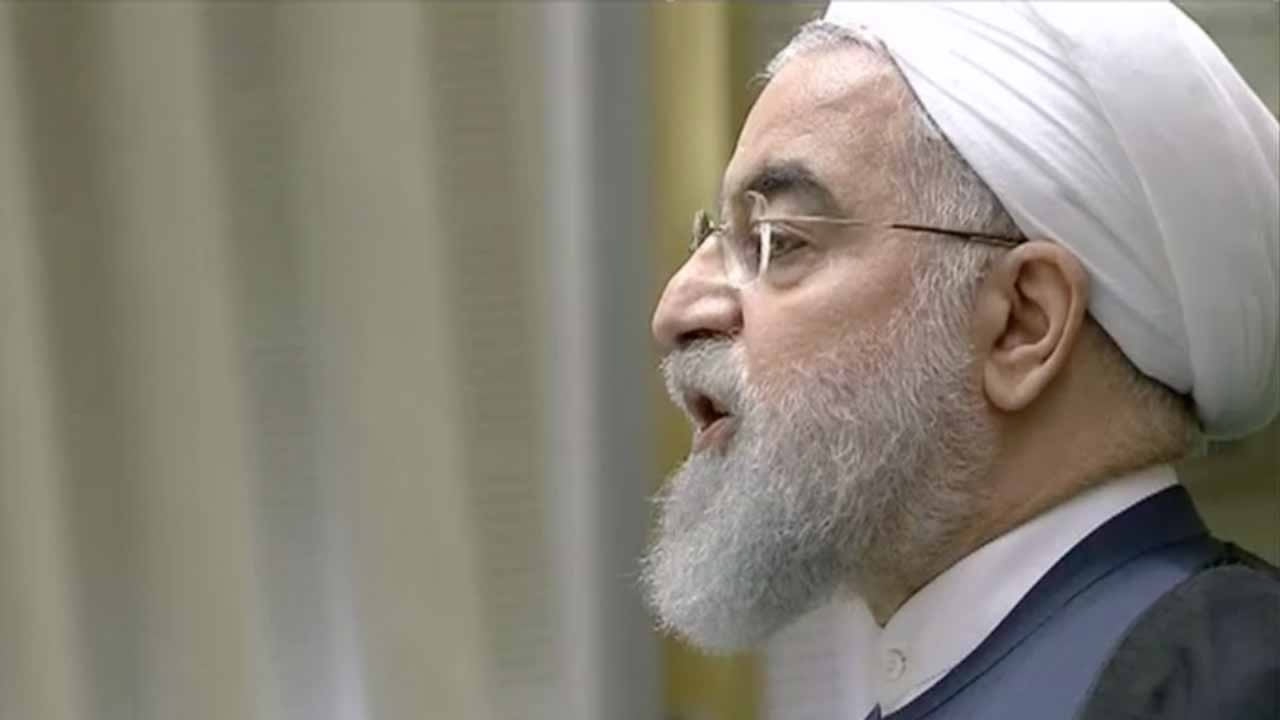Hassan Rouhani took on Saturday the oath of office during an inauguration ceremony at the Iranian parliament in Tehran starting his second four-year term as the seventh president of Iran.
A total of 25 delegations from countries in Asia and Oceania, 26 delegations from Arab and African nations and 30 more from Europe and the Americas attended the ceremony.
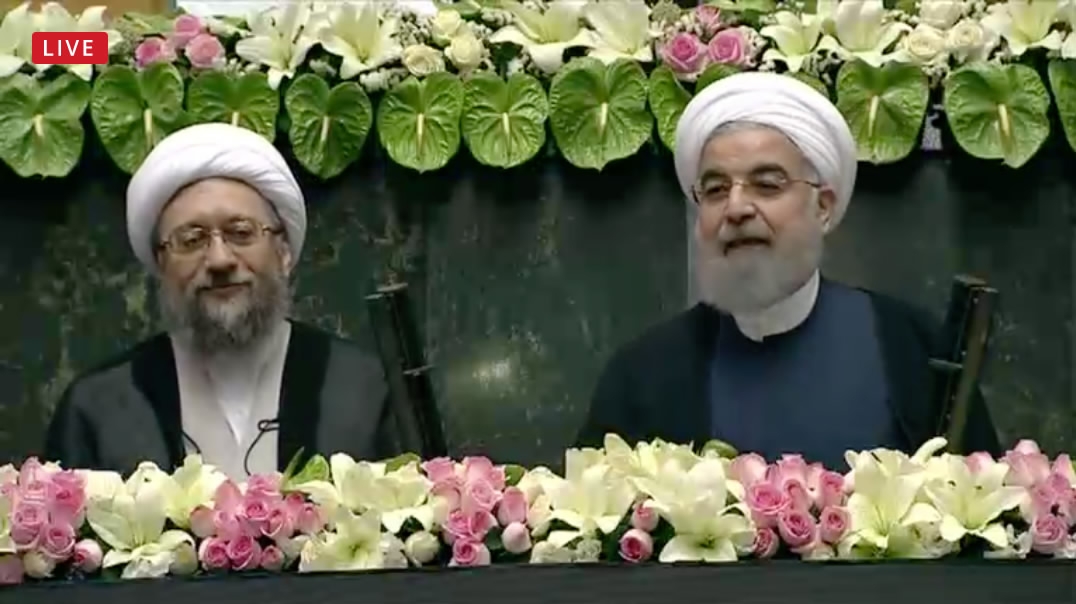
Hassan Rouhani (R) the oath of office for his second term as the seventh president of Iran in a ceremony in Tehran on August 5, 2017
Hassan Rouhani (R) the oath of office for his second term as the seventh president of Iran in a ceremony in Tehran on August 5, 2017
"I swear to protect the Constitution and justice and to devote myself to protect freedom and people's dignity and rights by the Constitution," Rouhani said during the inauguration.
The 68-year-old was endorsed by Iranian Supreme Leader Ayatollah Ali Khamenei as president on Thursday in a ceremony broadcast live on state television after he won a landslide victory in a reelection on May 19.
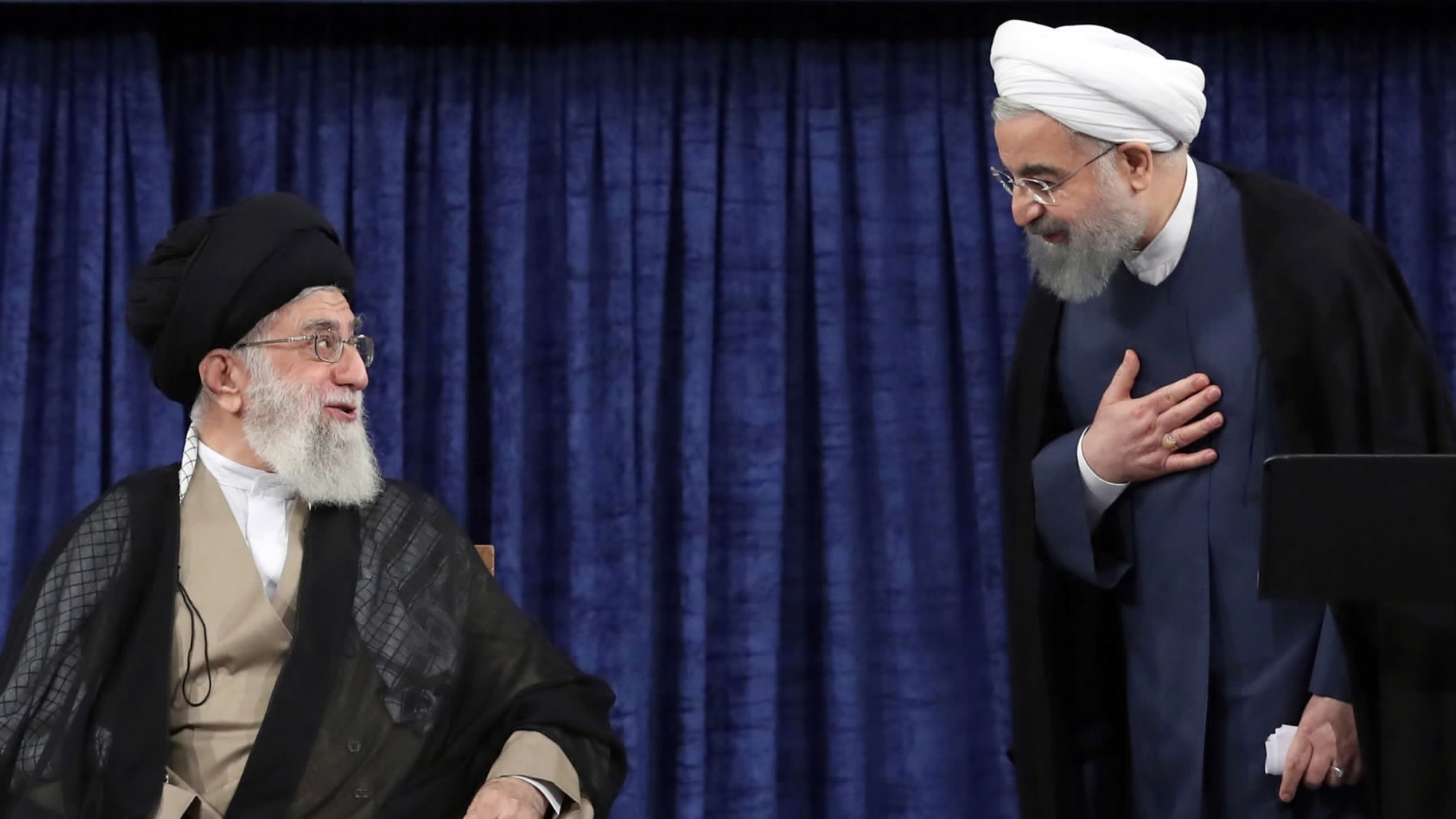
Hassan Rouhani (R) was officially endorsed for a second term as Iran's president on August 3, 2017 at a ceremony overseen by Supreme Leader Ayatollah Ali Khamanei. /AFP Photo
Hassan Rouhani (R) was officially endorsed for a second term as Iran's president on August 3, 2017 at a ceremony overseen by Supreme Leader Ayatollah Ali Khamanei. /AFP Photo
Rouhani will have two weeks to present his cabinet to parliament for a vote of confidence.
His deputy said on Wednesday Rouhani will keep two important ministers for the second term: Oil Minister Bijan Zanganeh, who is largely credited with closing a deal with French oil major Total, and Foreign Minister Mohammad Javad Zarif, Iran's lead negotiator in the landmark nuclear agreement in 2015.
As the president embarks on a second term leading Iran, what did Rouhani achieve during his first term and what challenges from home and abroad await him down the road?
Rouhani's achievements
Among the key achievements of Rouhani during the past four years was the signing of a nuclear deal with six major world powers, which put an end to a decade-long dispute over his country's sensitive nuclear program, and boosted economy by some measures as Iran re-integrated with the world.
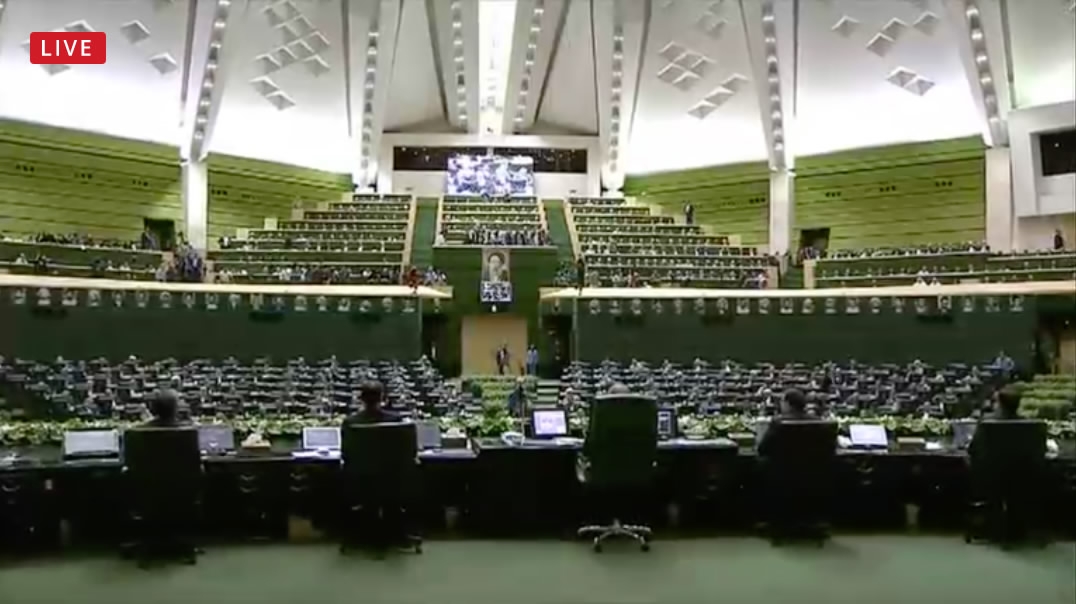
The swearing-in ceremony of Hassan Rouhani took place in Tehran on August 5, 2017.
The swearing-in ceremony of Hassan Rouhani took place in Tehran on August 5, 2017.
The deal, known as the Joint Comprehensive Plan of Action (JCPOA), lifted nuclear-related sanctions on various Iranian businesses and financial sectors, but imposed strict limits on its nuclear program.
The deal was signed with China, Britain, France, Germany, Russia and the US in July 2015 and implemented in January 2016.
The removal of sanctions has given a shot in the arm to Iran's shrinking economy.
Rouhani won the 2013 election on promises to “keep both the economy and centrifuges moving.” In the last nine months of 2016, the country's GDP grew by 7.2 percent.
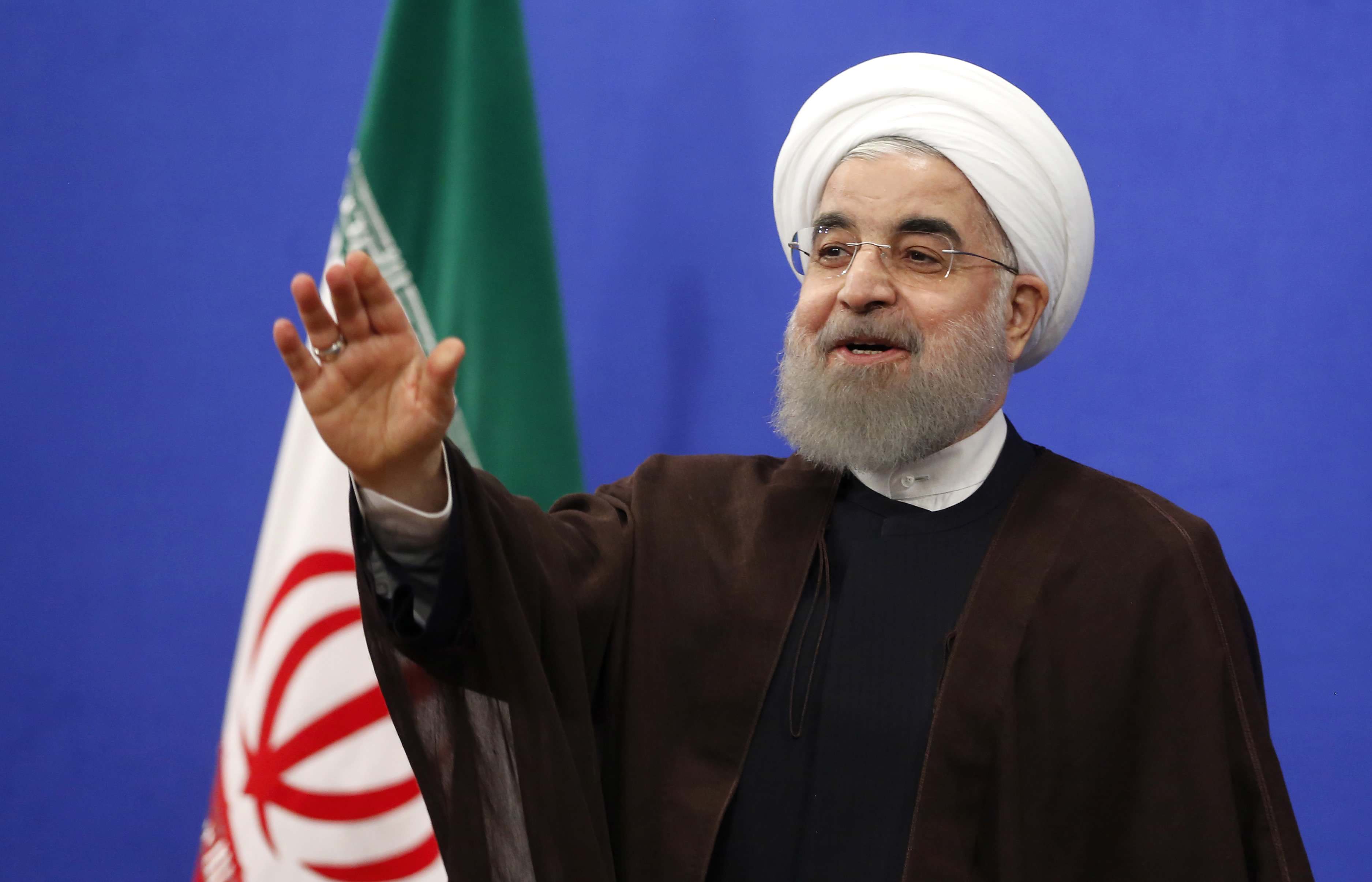
Re-elected Iranian President Hassan Rouhani gestures during a televised speech in the capital Tehran on May 20, 2017. /AFP Photo
Re-elected Iranian President Hassan Rouhani gestures during a televised speech in the capital Tehran on May 20, 2017. /AFP Photo
Controlling inflation was another achievement of Rouhani. For decades, Iran experienced high inflation with the average rate in the past 30 years set around 20 percent.
Rouhani has been successful in bringing the inflation down and keeping it around 10 percent in the last two years.
Challenges linger at home
The moderate president still faces challenges in reviving the economy and criticism from hardliners and opponents.
Rouhani has promised economic recovery, focusing on greater employment at a time the official unemployment rate had reached a staggering 12.6 percent and the country was in desperate need of foreign investment.
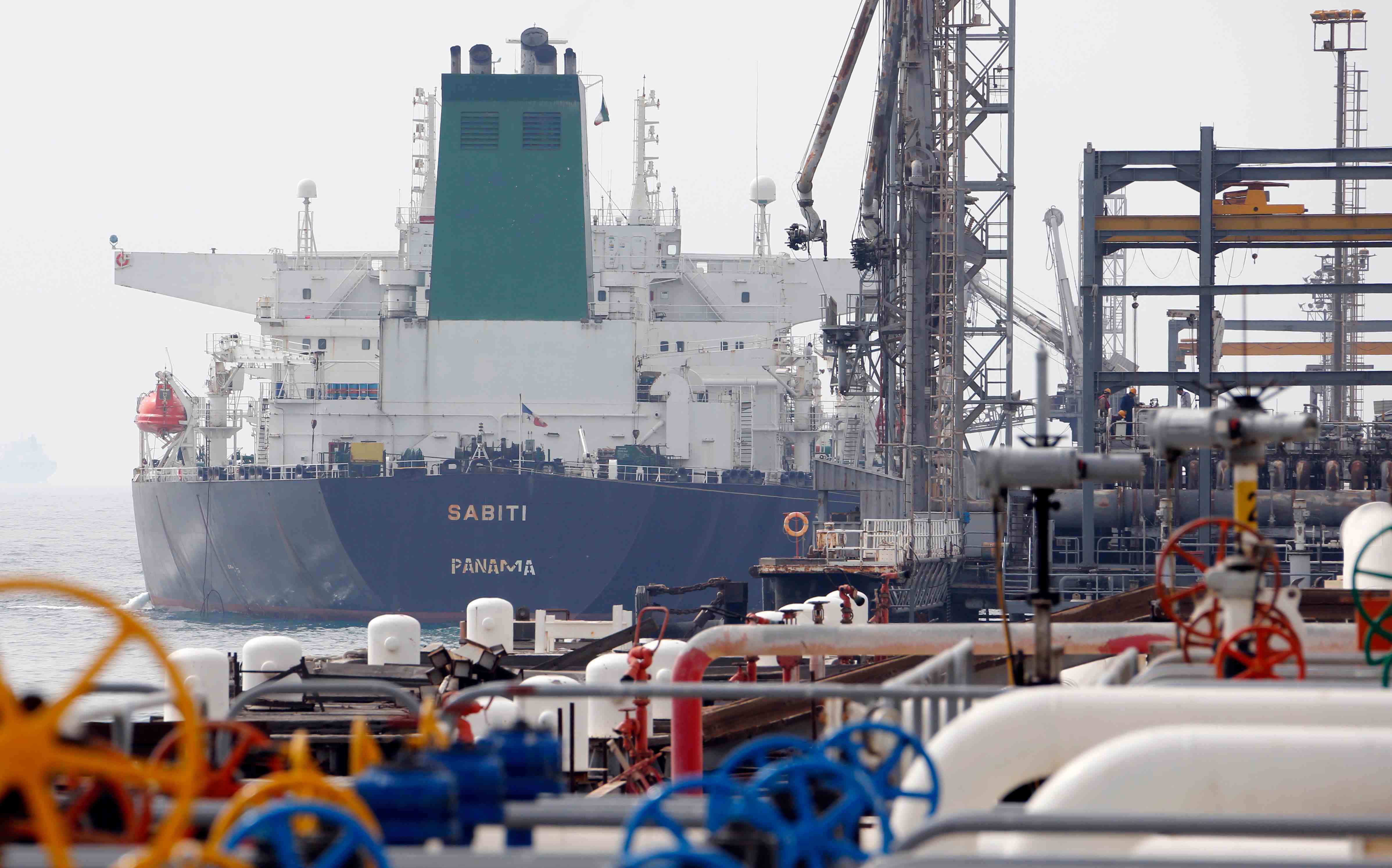
A picture taken on March 12, 2017, shows a Panamanian tanker docking at the platform of the oil facility in the Khark Island, on the shore of the Gulf. /AFP Photo
A picture taken on March 12, 2017, shows a Panamanian tanker docking at the platform of the oil facility in the Khark Island, on the shore of the Gulf. /AFP Photo
Analysts said Rouhani may struggle to make a significant impact given sharpening divisions in the country's power structure, and Washington's return to an aggressive Iran policy since Donald Trump took office, according to Reuters.
"Hardliners will try even harder than in Rouhani's first term to make him look like a lame duck president ... It will be very difficult for Rouhani to deliver on the economy," said Meir Javdanfar, an Iranian-born expert on the Islamic Republic at the Interdisciplinary Center Herzliya in Israel.
The president faces pressure from conservative opponents, as his younger brother Hossein Fereydoun, who participated in the nuclear talks was detained over financial charges by the Iranian judiciary last month.
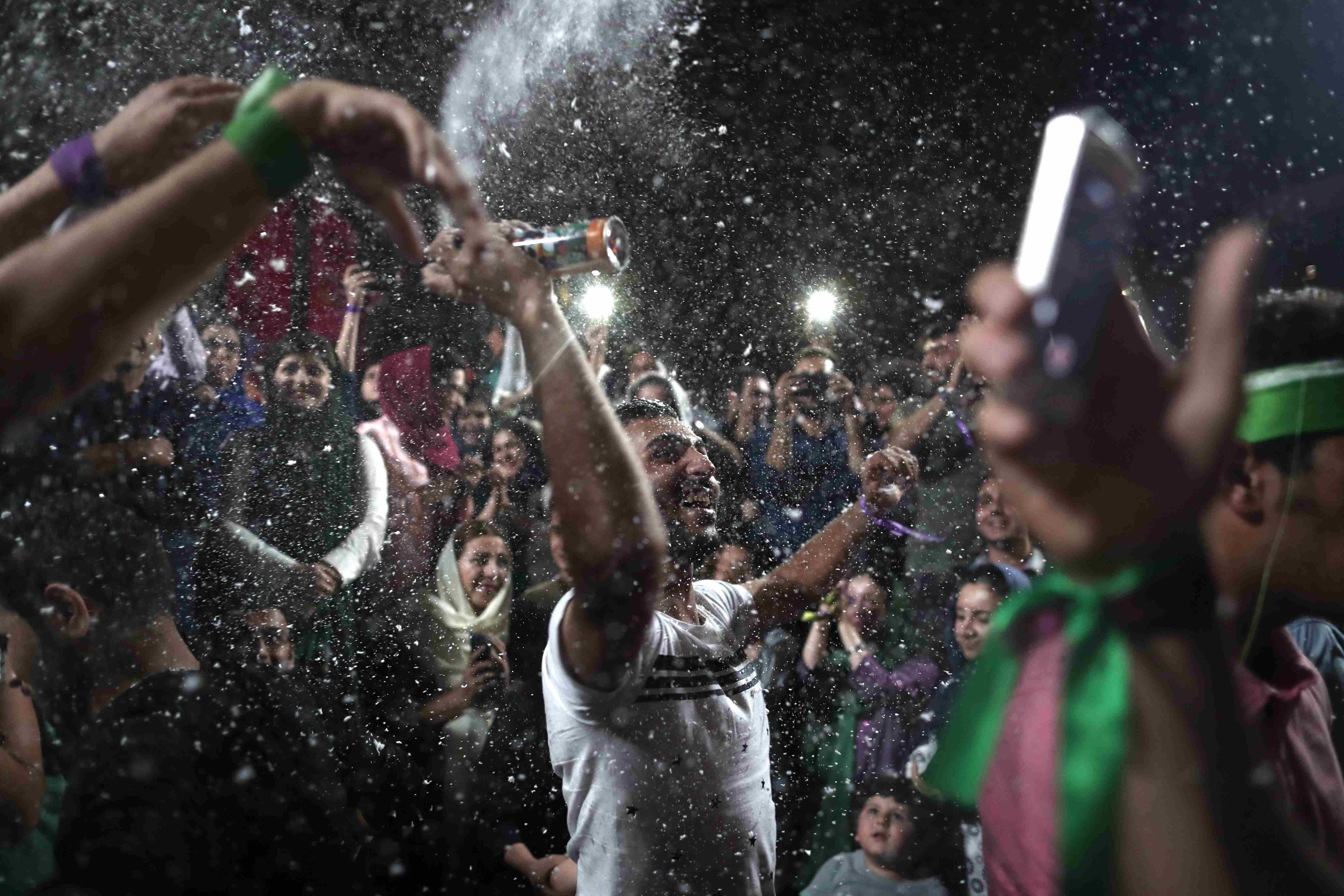
Supporters of newly re-elected Iranian President Hassan Rouhani dance during a gathering to celebrate his victory at the Vanak square in downtown Tehran on May 20, 2017. /AFP Photo
Supporters of newly re-elected Iranian President Hassan Rouhani dance during a gathering to celebrate his victory at the Vanak square in downtown Tehran on May 20, 2017. /AFP Photo
Some of Rouhani's supporters suspect that the charges against Fereydoun are politically motivated.
Rouhani also faces challenges from his supporters who have expressed concern over his inability to include women as ministers in his new cabinet because of pressure from religious hardliners.
Renewed antagonism from the US
President Rouhani on Thursday vowed to re-engage his country with the rest of the world, but the hardline approach of the current US administration may make things difficult for him.
Rouhani, who is considered a centrist, said under his leadership, Iran will "insist on constructive engagement more than before," describing "the nuclear deal (as) a sign of Iran's goodwill on the international stage...Iran will never be isolated."
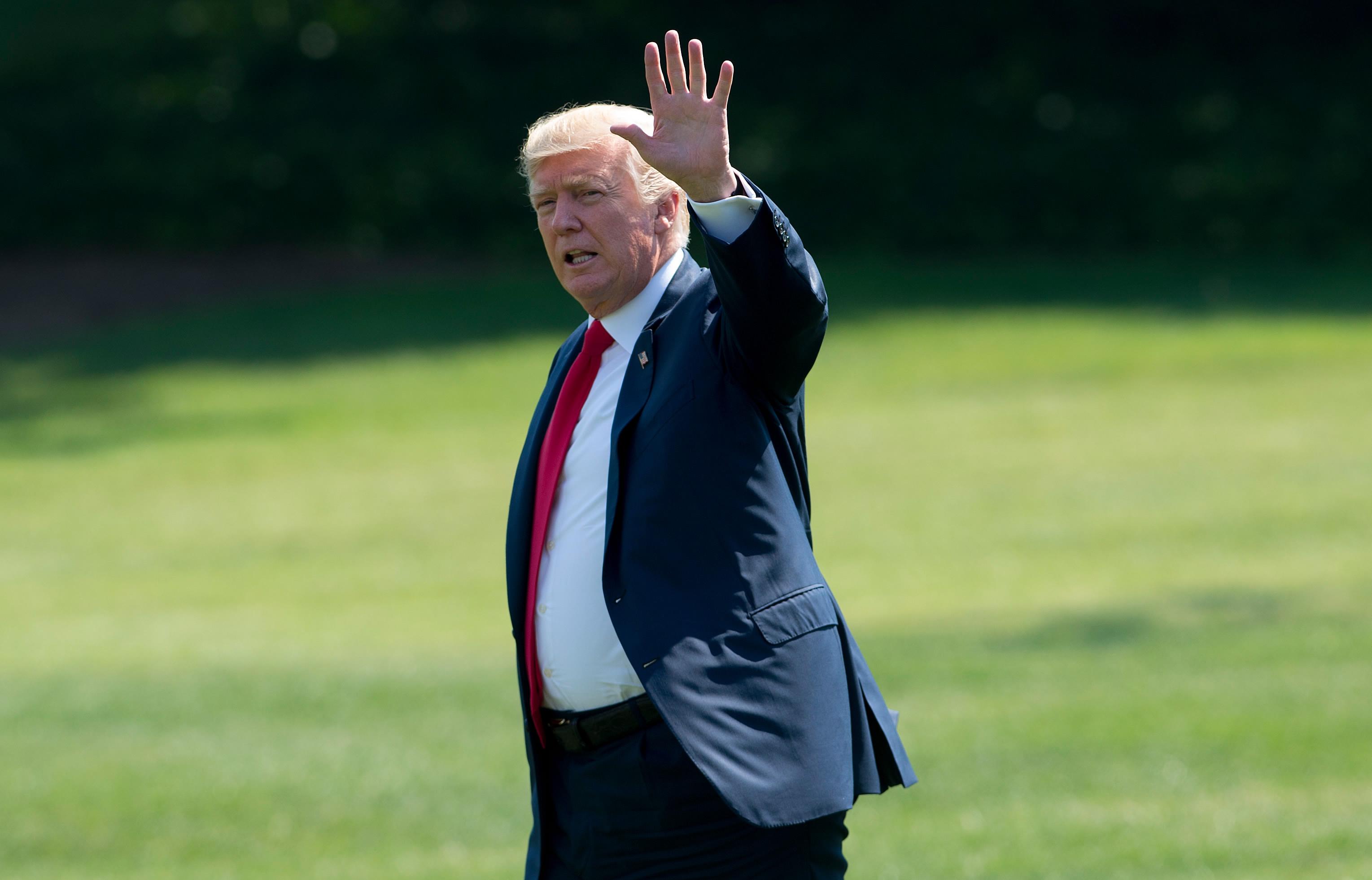
US President Donald Trump walks to Marine One prior to departure from the South Lawn of the White House in Washington, DC, August 4, 2017. /AFP Photo
US President Donald Trump walks to Marine One prior to departure from the South Lawn of the White House in Washington, DC, August 4, 2017. /AFP Photo
However, during the 2016 presidential election campaign, Trump dismissed the landmark nuclear agreement under his predecessor Barack Obama as the "worst deal ever."
Trump said the deal conceded too much to Iran and threatened to withdraw from the agreement, though at the same time certifying that Iran is complying with the deal.
In a blow to the Iranian economy, Trump signed into law this week a new set of sanctions against Iran, as well as Russia and the DPRK. The sanctions target Iran's missile program, following the launch of an Iranian satellite, which the US considers a security threat.
But Iran's deputy foreign minister said the fresh sanctions violated provisions of the nuclear deal and vowed an "appropriate and proportional" response.
Javdanfar said the new US sanctions on Iran would likely discourage foreign investors and undermine Rouhani's efforts to boost the economy.
The sanctions could also embolden Rouhani's conservative rivals who say the nuclear deal was a form of capitulation and Rouhani conceded too much.
Related stories:

